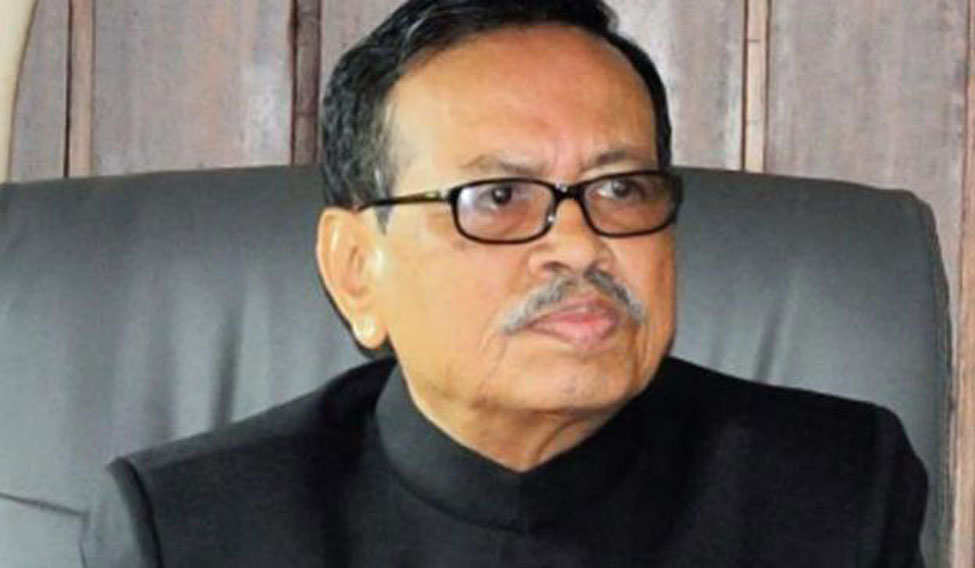Arunachal Pradesh Governor J.P. Rajkhowa came in for a lot of flak from the Supreme Court in its judgment on the petition challenging dismissal of the Congress government in the state and imposition of President’s rule.
A Constitution bench of the court on July 13 quashed the governor’s decision to advance the Assembly session from January 14, 2016 to December 16, 2015. It rejected the governor’s explanation that he was only trying to bring the democratic and legislative process of the state into active animation, and termed the move as a "thrashing given to the Constitution and a spanking to governance."
It now turns out that Rajkhowa’s decision to advance the Assembly session, which has been termed illegal by the court, was taken against the legal counsel that he received from the state’s advocate general.
As per documents accessed by THE WEEK, the Advocate General of Arunachal Pradesh, Ranji Thomas, gave a detailed legal opinion to Rajkhowa on the issue of advancing the Assembly session more than a month before the Governor finally decided to advance the session from January 14, 2016, when it was scheduled to begin, to December 15, 2015.
A detailed opinion on the duties and area of jurisdiction of the Governor was given to him by the advocate general on November 7, 2015. The counsel provided to Rajkhowa by the Advocate General, a constitutionally authorised legal authority in the state, was that under Article 174, the governor summons the House, but that does not mean that it is his individual and discretionary power, rather it is a power which is to be exercised in conformity with Article 163 of the Constitution. He can only act on the aid and advice of the council of ministers and as advised by the chief minister and speaker of the House, wrote Thomas in his opinion.
The same opinion was on December 12, 2015, given to the cabinet and to the then chief minister Nabam Tuki, stating in detail that the powers to call a session vested with the cabinet and the governor had no role to play in it. Therefore, it was suggested to the cabinet that it may request the governor not to commit the Constitutional blunder.
“The Council of Ministers headed by the Chief Minister, in consultation with the Speaker may bring to the notice of the Governor, the mistake committed by him and advise him to reconsider his erroneous, unconstitutional and non-implementable communication which is beyond the power and jurisdiction vested in him,” wrote Thomas in his opinion to the chief minister and the cabinet.
The entire cabinet met Rajkhowa on the evening of December 14, 2015, and based on the legal opinion, requested him not to advance the Assembly session. The Speaker also wrote to the governor, reminding him that the Assembly could not be summoned without consulting the cabinet.
Rajkhowa had gone on to advance the session, which was held in a hotel as the Assembly building was locked on the orders of the speaker. In this session, the deputy speaker presided over the proceedings and overturned the decision of the speaker to disqualify 14 rebel Congress MLAs.
Castigating the governor for advancing the session, the court said that all he did was to use his constitutional authority to favour an “invalid breakaway group” of MLAs who had been disqualified by the speaker.
Following the court’s judgment on the Arunachal matter, Rajkhowa, who is currently recuperating from a surgery, is under severe attack, and the Congress has demanded that he should either resign or should be dismissed.





